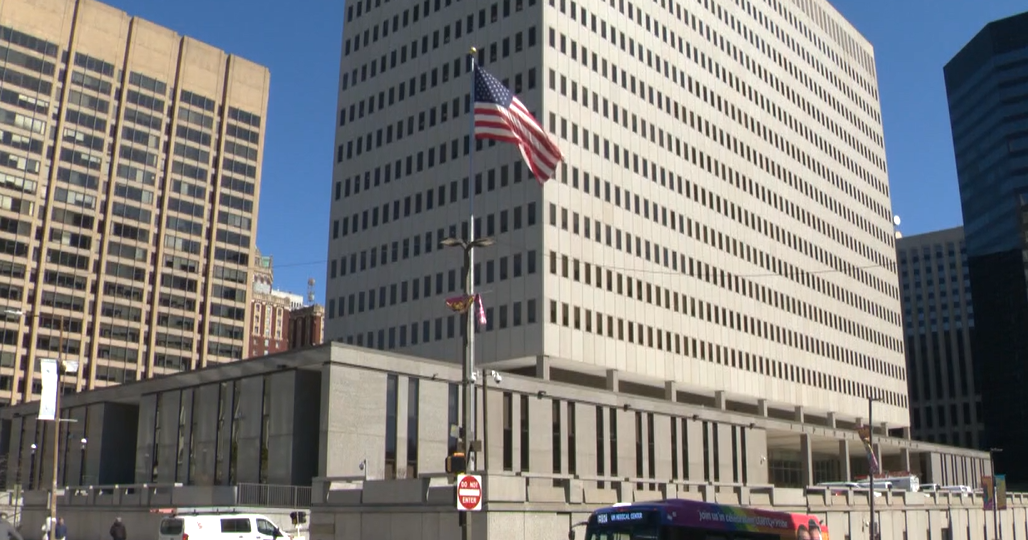Biden facing pressure to punish Saudi Arabia after OPEC+ cuts oil production
President Biden issued a vague warning to Saudi Arabia on Wednesday, after the OPEC+ alliance of oil-exporting nations decided last week to cut oil production by 2 million barrels per day. Biden pledged "consequences" and vowed to "take action" — but some Senate Democrats are demanding a swift and concrete response.
Lawmakers like Sens. Bernie Sanders and Bob Menendez have floated ideas including freezing arms sales to Saudi Arabia, which is a member of OPEC+, and pulling all U.S. troops out of the country.
OPEC+'s move could push gas prices back up and boost Russia's oil revenue. The national average for a gallon of on Wednesday was $3.92 — up nine cents in the last week.
White House officials had lobbied OPEC+ nations not to cut back.
"They are helping and aligning with a murderous, brutal war criminal, Vladimir Putin," said Senator Richard Blumenthal.
Biden said Wednesday that he wants to consult with Congress before deciding on any consequences. It's a delicate situation, given that a rift in the U.S.-Saudi relationship could also rattle oil markets and drive up prices in the month before the midterm elections.
Biden himself traveled to Saudi Arabia this summer, even fist bumping Crown Prince Mohammed Bin Salman, despite his alleged role in the murder of Washington Post columnist Jamal Khashoggi.
But punishing Saudi Arabia wouldn't be simple. CBS News senior security contributor Mike Morell says many of the potential punishments come with downsides.
"Denying arms sales to Saudi Arabia not only hurts U.S. firms selling those weapons, but it also hurts the security of the region, because we want the Saudis to have American weapons," Morell said. "They want to have American weapons because if we ever have to fight Iran together, we want those weapons systems to complement each other."




